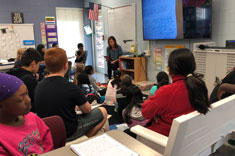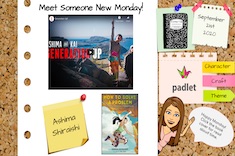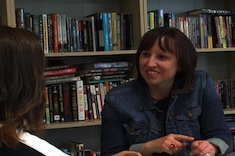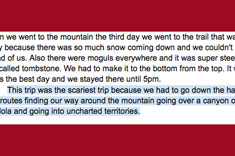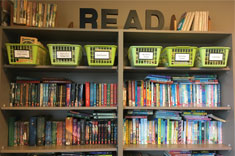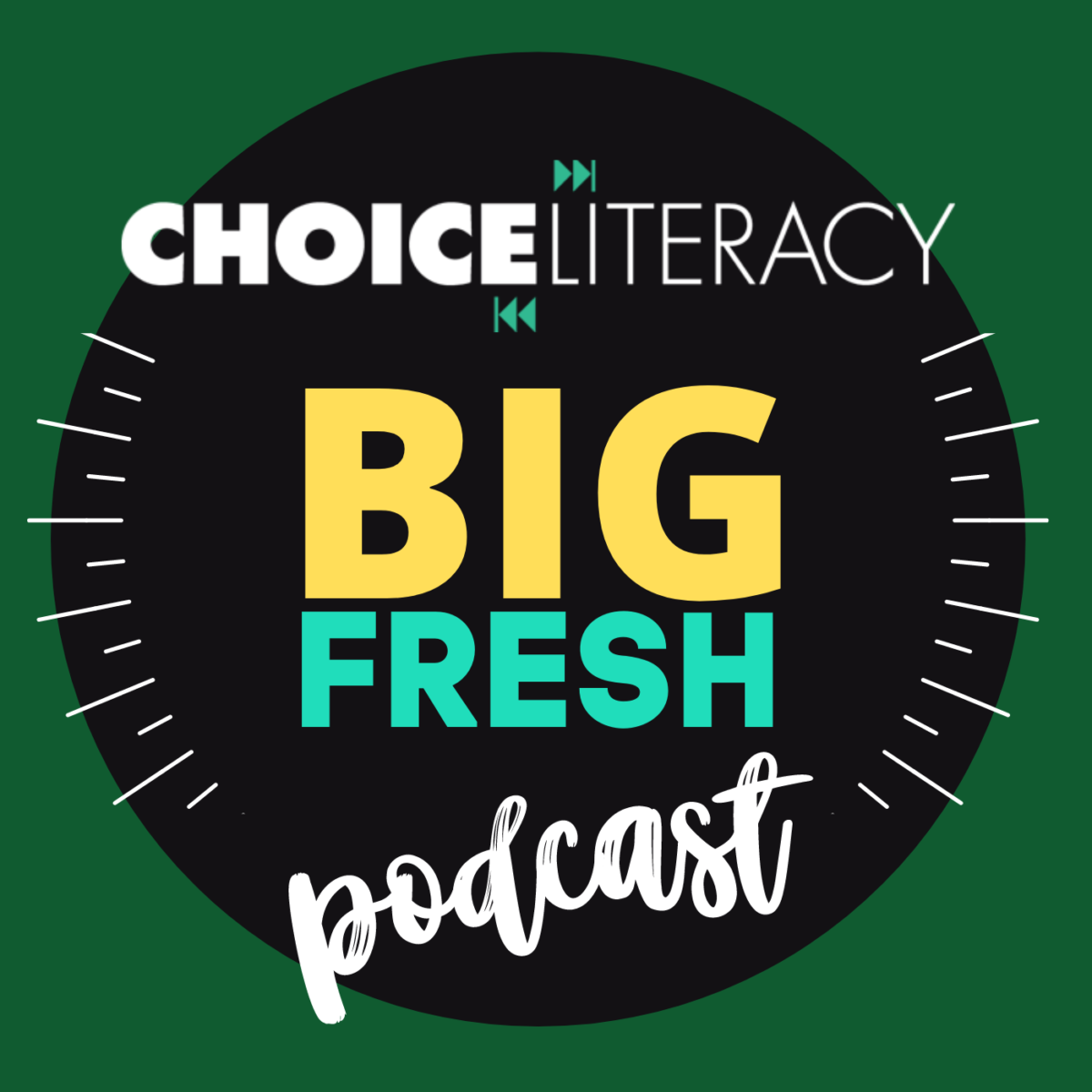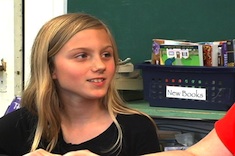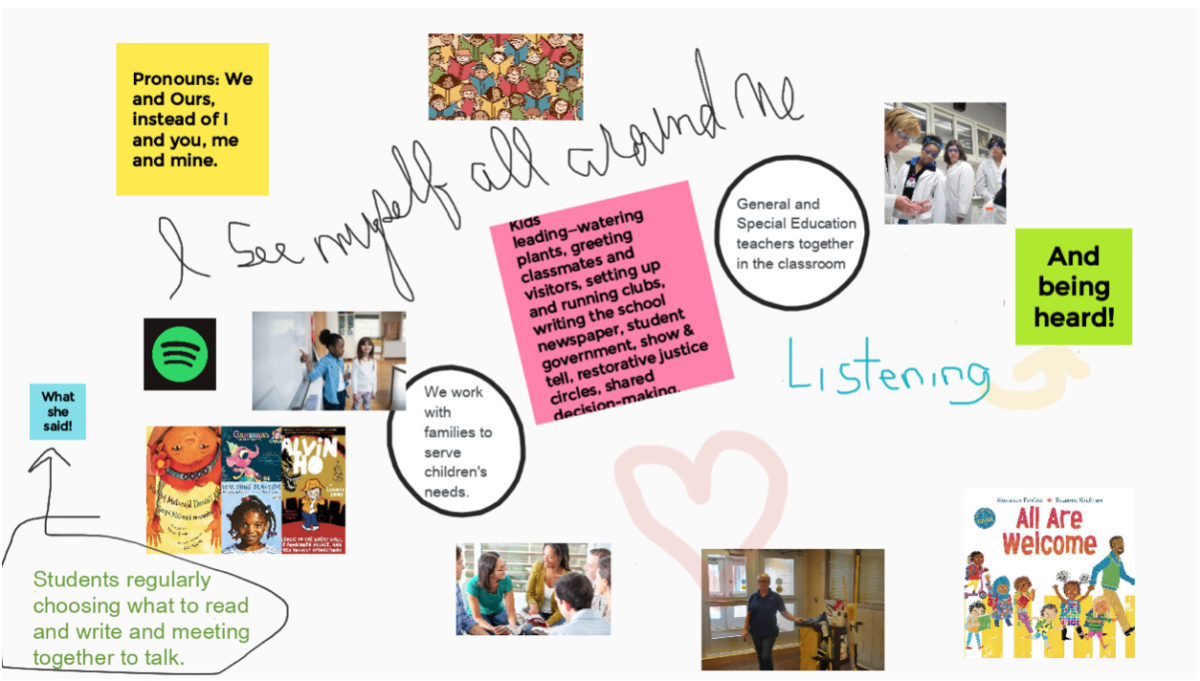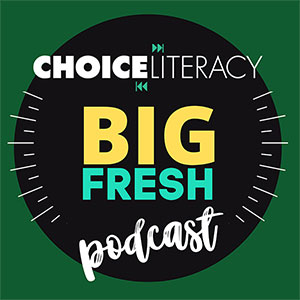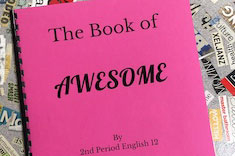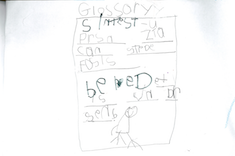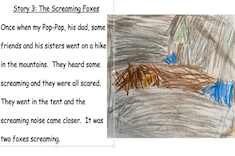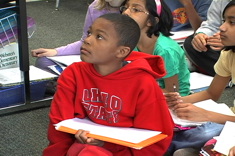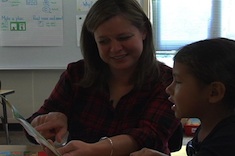Library
Choice Literacy Articles & Videos
The Choice Literacy library contains over 3,000 articles and 900 videos from 150+ contributors. Classic Classroom and Literacy Leadership subscribers have access to the entire library. Content is updated continuously, with five to six new features published each week.
Latest Content
Extending Invitations in Workshop: Ways to Empower Student Choice
Dana Murphy suggests three ways to empower student choice in workshop and get more students to accept the invitations we offer.
Digital Reading Strategies
Mandy Robek reflects on her identity as a digital and print reader and offers strategies to support students reading digital texts.
Online Routines to Create Energetic Reading Communities
Melissa Quimby shares online routines to strengthen the class reading community.
Comparing Book and Television Adaptations in a Reading Conference
Christy Rush-Levine confers with Adriana over her response to Pretty Little Liars, considering differences between the television show and book.
Troubleshooting Difficulties When Writing a Big Idea in Memoir
Kate Mills and Tara Barnett pinpoint common difficulties in sixth-grade memoir. They share teaching points and student writing samples before and after revision.
Rotation of the Classroom Library
Inspired by a closet clean-out, Leigh Anne Eck considers the way a seasonal rotation is also good for classroom libraries.
Assessing Students Online: Small and Powerful Moves
Tammy Mulligan shares small and mighty moves when assessing students online.
November 20, 2020 Honoring Identity
Honoring Student Identity is the theme of this week’s newsletter.
Writing Conference: Brainstorming Ideas
Katherine Sokolowski helps fifth grader Sidney brainstorm ideas for a story. She uses her own experiences with writing to instruct.
Belonging in a School Community
Suzy Kaback thinks deeply about the concept of belonging as an essential part of building a school community.
Honoring Student Identity
Christy Rush-Levine considers how to communicate to all students that their presence and their identities are valued and appreciated.
Publishing Routines Podcast
Publishing routines is the theme of this week’s Big Fresh.
November 13, 2020 Are You Sure?
Publishing Routines is the theme of this week’s newsletter.
Guided Reading in a First-Grade Group
Melissa Atwood leads a first-grade guided reading group. This is the second video in a two-part series.
A Student Book of Awesome
Gretchen Schroeder’s high school students build community by creating a shared text of things they love.
Small-Group Instruction: Bookmaking
Brian Sepe shares one of his favorite activities for small groups of young learners: making books together.
November 6, 2020 The Magic of Reading Together
Author studies are the theme of this week’s newsletter.
Writing Conference: Establishing Setting
Melanie Meehan uses A Day’s Work as a mentor text to help fifth grader Emily develop setting in her writing.
Building Writer Relationships with Author Studies
Matt Renwick shares creative ways teachers in his school celebrate authors.
Book Series Joy
Bitsy Parks shares the way a series study enriches the reading lives of students and serves as an intervention to help readers grow.
Word Learning Podcast
Word learning is the theme of this week’s Big Fresh.
October 30, 2020 Shark Attack
Word learning is the theme of this week’s newsletter.
Making Something Together: Shared Writing Online
Tammy Mulligan finds shared writing is her go-to strategy for teaching young learners online.
Humor in Literacy Workshop Podcast
Humor in Literacy Workshop is the theme of this week’s Big Fresh.
Guided Reading in First Grade: Blends
Melissa Atwood leads a first-grade guided reading group. The focus at the start of the lesson is on blends in words. This is the first video in a two-part series.
It’s Not Wrong. It’s Almost Right.
Melanie Quinn reconsiders how she teaches spelling in her fourth-grade classroom, establishing a new whiteboard routine.
October 23, 2020 Thank You, Mrs. Schroeder
The place of humor in literacy workshops is the theme of this week’s newsletter.
First-Grade Reading Conference: Coaxing and Supporting
Bitsy Parks helps first grader Sophia tackle the tough job of making meaning and decoding words early in the year with lots of encouragement and good humor.
Browse Content By
Type
Category
- Assessment Tools
- Big Fresh Archives
- Booklists
- Choice Numeracy
- Classroom Design
- Common Core
- Community Building
- Conferring
- Content Literacy
- Digital Literacy
- English Language Learners
- Equity
- Family Relations
- Free Samples
- Guiding Groups
- Leadership
- Literacy Coaches
- Mentor Texts
- Minilessons
- New Teacher Mentors
- Podcasts
- Poetry
- Quote Collections
- Reading Strategies
- Self Care
- Struggling and Striving Learners
- Talking and Listening
- Teacher Study Groups
- Teaching Reading
- Teaching Writing
- Word Study and Vocabulary
Author
- Melissa Quimby
- Nawal Qarooni
- Gwen Blumberg
- Julie Cox
- The Lead Learners
- Hannah Tills
- Josie Stewart
- Ruth Metcalfe
- Mallory Messenger
- Becca Burk
- Jodie Bailey
- Vivian Chen
- Mary Brower
- Tiffany Abbott Fuller
- Stephanie Affinito
- Ruth Ayres
- Leigh Anne Eck
- Heather Fisher
- Shari Frost
- Julie Johnson
- Suzy Kaback
- Gigi McAllister
- Shirl McPhillips
- Melanie Meehan
- Cathy Mere
- Debbie Miller
- Tara Barnett and Kate Mills
- Tammy Mulligan
- Dana Murphy
- Bitsy Parks
- David Pittman
- Brenda Power
- Heather Rader
- Matt Renwick
- Mandy Robek
- Christy Rush-Levine
- Gretchen Schroeder
- Jen Schwanke
- Brian Sepe
- Katherine Sokolowski
- Stella Villalba
- Jennifer Vincent
Grade Level
Choice Literacy Membership
Articles
Get full access to all Choice Literacy article content
Videos
Get full access to all Choice Literacy video content
Courses
Access Choice Literacy course curriculum and training

